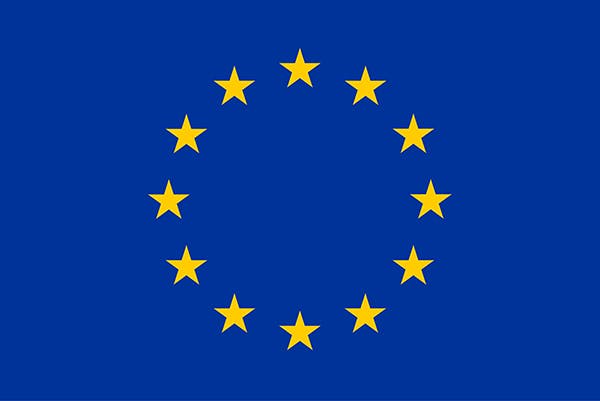Caspar multimodal
Pilot project on behalf of DRV Bund
Background
In order to maintain the health progress achieved in rehabilitation in the long term, the German Pension Insurance (DRV) offers its insured patients the option of rehabilitation aftercare (e.g. IRENA). However, only about 27% of patients take part in such an aftercare program. Reasons for this include lack of time and motivation, distance from the facility, or special family and work related circumstances such as shift work or relatives in need of care. Web-based services therefore offer the potential to enable patients to take part in aftercare programs despite their special circumstances.
Objective
The aim of the study was to compare the effectiveness of multimodal tele aftercare using Caspar software and traditional IRENA with regard to various outcome-relevant criteria.
The evaluation of the questionnaire survey was conducted by the Institute for Rehabilitation Medicine Research at the University of Ulm (IFR Ulm).
Methods
Thirty-five rehabilitation facilities of all sixteen German pension insurance companies were involved in the survey nationwide. Patients were surveyed after completion of aftercare using an anonymous questionnaire from the DRV, which could be completed either paper-based or digitally. The following criteria were recorded: work ability (WAI), physical functioning (items from the IRES III and PHQ-9), psychological well-being (GAD-7) as well as own questions on treatment satisfaction, satisfaction with the respective aftercare program and subjective treatment success.
Results
A total of 447 patients with classic IRENA aftercare and 419 patients with digital aftercare with Caspar were surveyed.
96.9% of the patients in the digital aftercare group considered the aftercare with Caspar to be a suitable offer. In particular, they rated the comprehensible instructions and explanations as well as the time expenditure associated with the selected form of aftercare positively.
The overall success of aftercare was also positively assessed by a very high proportion of respondents in the digital aftercare group. Compared to the IRENA group, digital aftercare stimulated more frequent changes in health-related behaviors, especially in the areas of nutrition and relaxation.
Conclusion and outlook
The study concludes that the classic and digital forms of aftercare can be regarded as equivalent. For some parameters, there were even trends in favor of tele aftercare with the Caspar software.
Literature: Kaluscha, R & Hoffmann, B. (2021). Analysis of the data of the pilot project "CASPAR multimodal" on behalf of the Deutsche Rentenversicherung Bund. Final report, Bad Buchau, IFR Ulm.
I found having fixed appointments at an external facility involved certain stress factors: limited appointments due to my shift work; the travel there; finding a parking place; organising childcare. For me as a shift worker, and especially during Covid times, Caspar was perfect.
Simone H.
Patientin der Tele-Reha-Nachsorge

